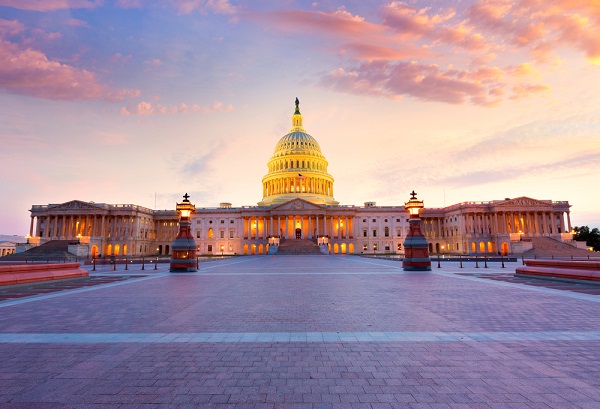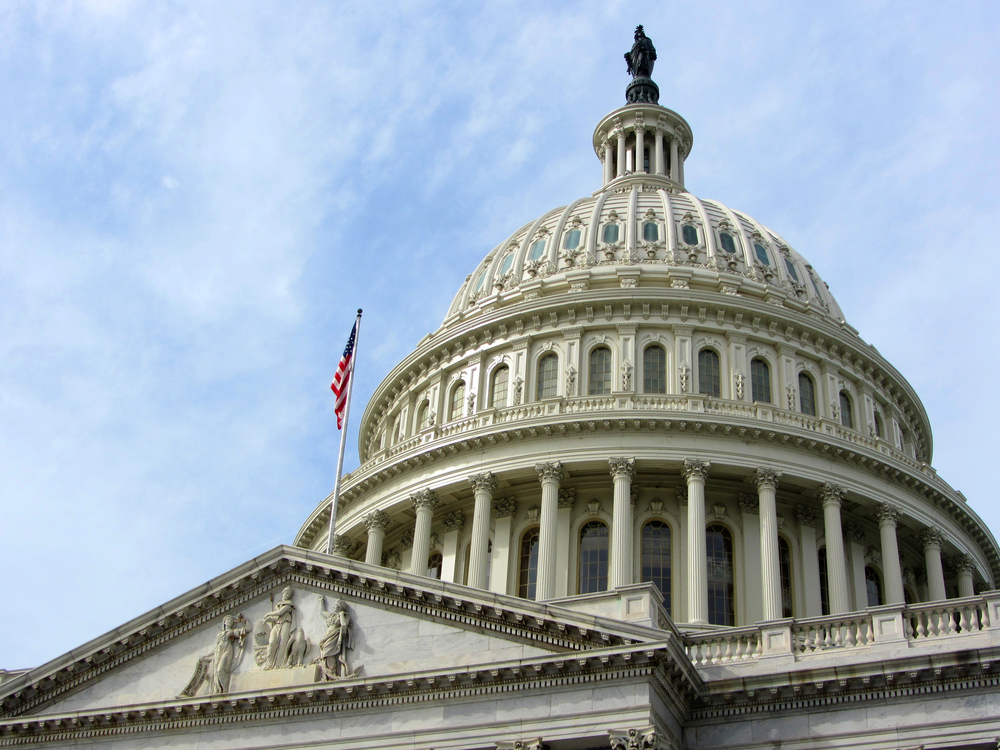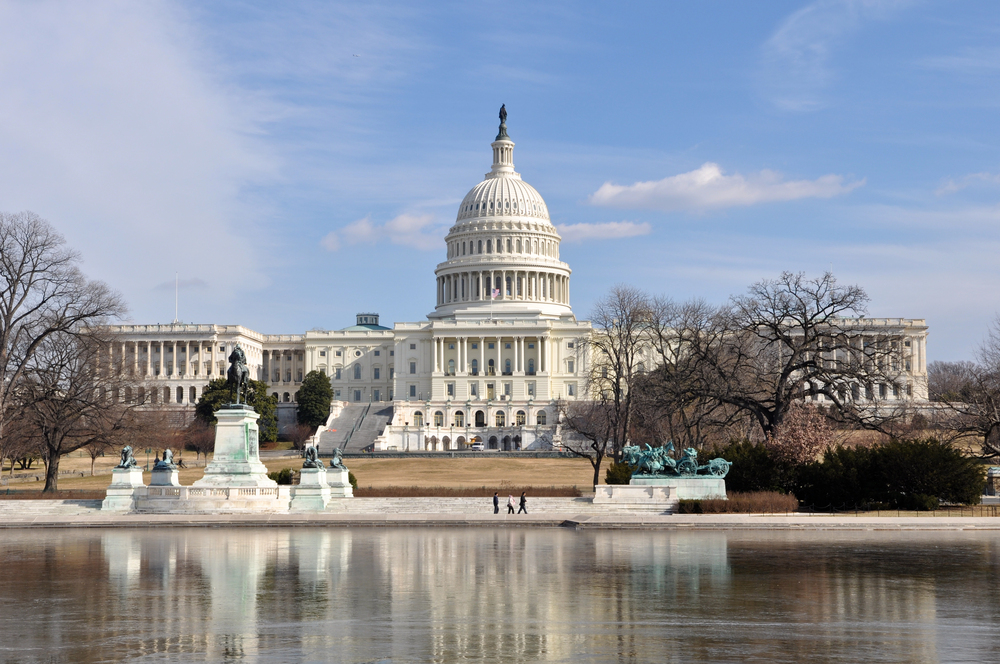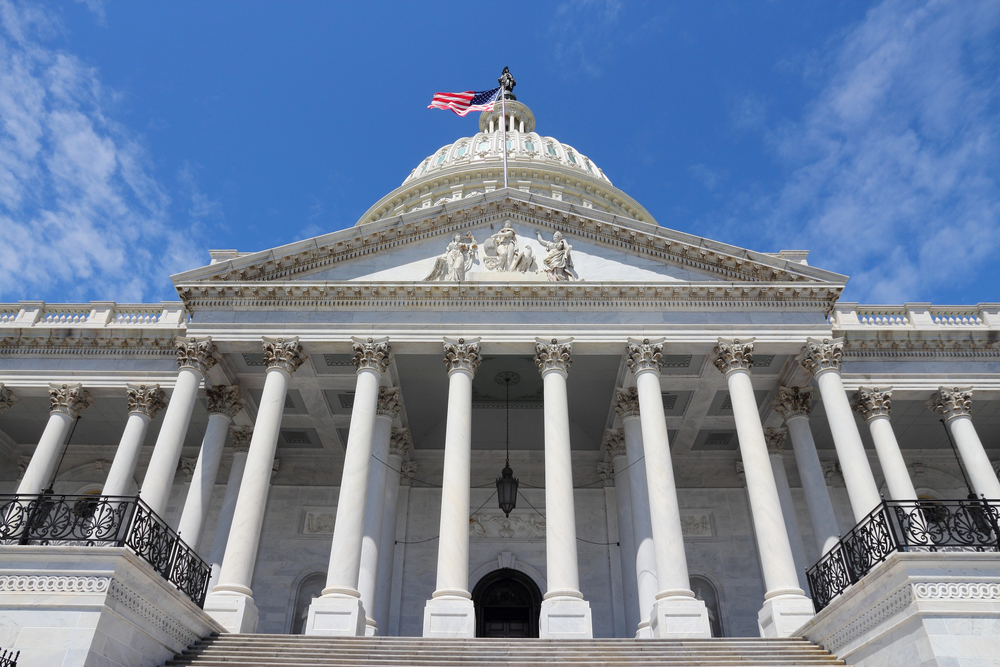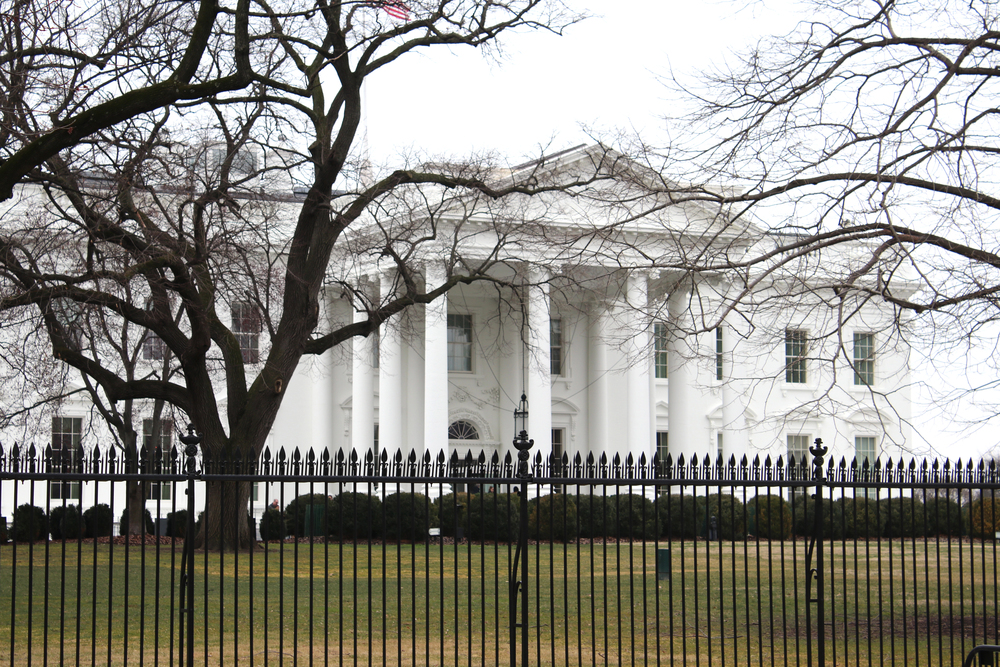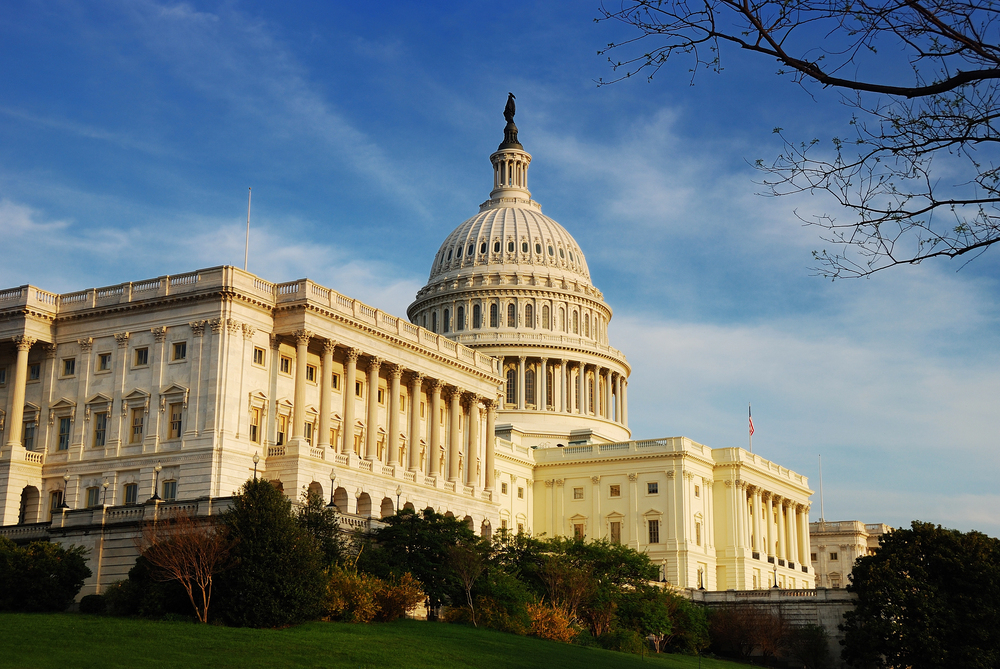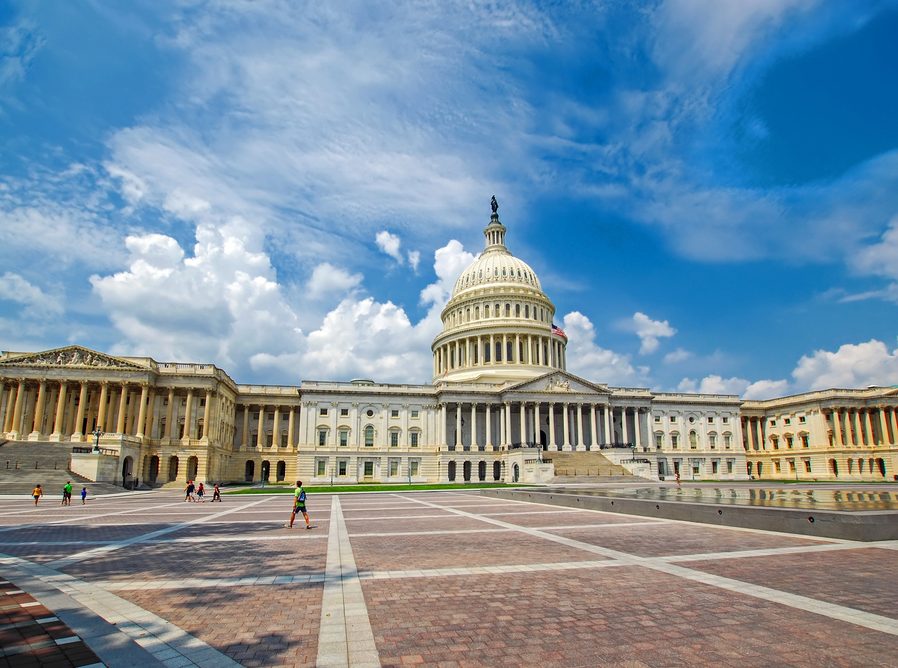Big ‘I’ Urges Congress to Protect McCarran-Ferguson Exemption
By: Wyatt Stewart
This week, the Coalition Organized for the Future of Insurance Regulation (COFIR), sent a letter to bipartisan U.S. Senate leadership opposing S. 350, the “Competitive Health Insurance Reform Act of 2020.”
The Big “I” was a founding member of COFIR and has been an active participant for over a decade. The coalition represents a broad cross-section of the U.S.-based insurance industry, including property-casualty companies, life and health companies and independent insurance agents and brokers. COFIR’s goal is to preserve and advocate for the national system of state-based insurance regulation and to promote modernization and improvements to that system for the benefit of policyholders.
S. 350 would amend the McCarran-Ferguson Act by eliminating the health insurance industry’s narrow exemption from federal antitrust laws. In response, COFIR encourages Congress to recognize and respect the critical role that the McCarran-Ferguson exemptions play in the efficient operation of the U.S-based insurance industry, which is vital to the economic health and vitality of our economy, and reject efforts to amend the current, well-functioning antitrust regime.
The letter goes on to note that Congress should not reverse over seven decades of strong support for state-based insurance regulation without fully understanding the unintended consequences of changes to the current limited antitrust exemption. Any change that precludes, restricts or even discourages the exchange of future claims costs and loss adjustment expenses would place smaller and regional insurers at a distinct disadvantage, thereby seriously undermining competition. Ultimately, this would decrease market stability, reduce affordability and availability of products, stifle innovation, and diminish industry efficiency.
Finally, although this legislation is currently aimed at the health insurance industry, the Big “I” has concerns that this could lead to similar conversations about the p-c marketplace in the future.
Wyatt Stewart is Big “I” assistant vice president of federal government affairs.

